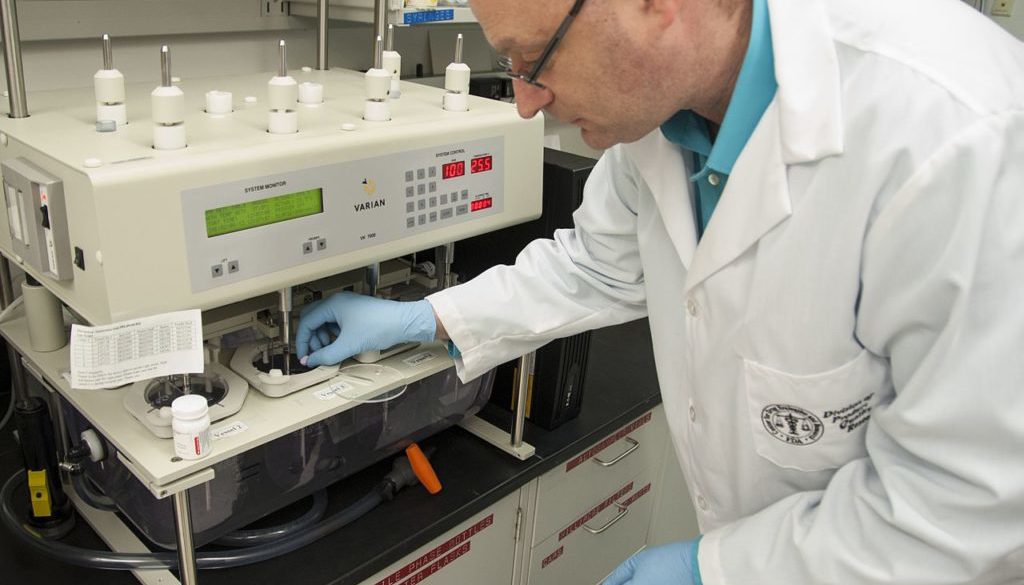Payroll Credit for Increasing Research Expenses
IRS Chief Counsel, in generic legal advice (AM-2017-003), recently described when a qualified employer may take into account the payroll tax credit for increasing research activities. The Protecting Americans from Tax Hikes Act of 2015(PATH Act) created the payroll credit aimed at start-ups with little or no income tax liabilities. This tax break allows taxpayers to get the cash benefit of the payroll tax credit sooner as they reduce their payroll tax liability as payroll payments are made, instead of having to wait until the end of the quarter to receive the credit.
Background
A qualified business during a tax year may elect to apply a portion of its research credit against the 6.2 percent payroll tax imposed on the employer’s wage payments to employees. This payroll credit for research expenditures is limited to the lesser of: (a) the research credit for the tax year; (b) $250,000; or (c) the amount of the business credit for the tax year, including the research credit that may be carried forward to the tax year immediately after the election year.
Schedule B. Chief Counsel explained that if an employer is a semiweekly schedule depositor, it must complete Schedule B (Form 941), Report of Tax Liability for Semiweekly Schedule Depositors, and attach it to Form 941. Schedule B is also referred to as Record of Federal Tax Liability (ROFTL) for semiweekly schedule depositors. The IRS uses this information to determine if the employer made its federal employment tax deposits on time. Current Instructions for Schedule B describe the payroll tax credit.
Payroll credit
Employers, Chief Counsel explained, know the maximum amount of payroll tax credit potentially available for a quarter at the beginning of the quarter. This is because the return reflecting the payroll tax credit election on Form 6765, Credit for Increasing Research Activities, must have been filed before the quarter begins in which the employer can claim credit. However, the amount of the credit that is allowed for the quarter is limited to the employer Social Security tax on wages paid to the employer’s employees during the quarter.
Therefore, as the employer makes payments of wages from the beginning of the quarter for which the payroll tax credit is taken, the employer can take the payroll tax credit into account for purposes of the Schedule B and for purposes of deposit liability on the Form 941 or other employment tax return, provided the employer later files Form 8974, “Qualified Small Business Payroll Tax Credit for Increasing Research Activities,” Chief Counsel explained.
Further, the payroll tax credit should be taken against deposit liabilities and reflected on Schedule B as the employer incurs liability for employer Social Security tax on wages paid in the quarter to which it applies, beginning with the first payment of wages in the quarter. “It would be counter to the purpose of the payroll tax credit to allow it as a credit only when the employer files its Form 941 for the quarter claiming the credit and not as the employer is paying wages during the quarter subject to employer Social Security tax,” Chief Counsel stated.
Deadline opportunity: The IRS also recently announced that it would allow start-up companies to make the payroll tax credit election on an amended return for the 2016 tax year, but as long as the amended return is filed by December 31, 2017.
